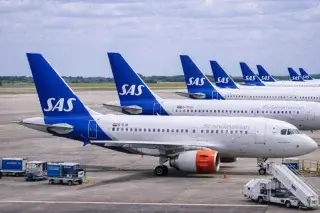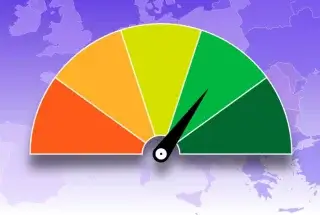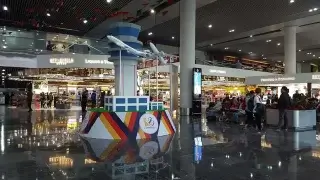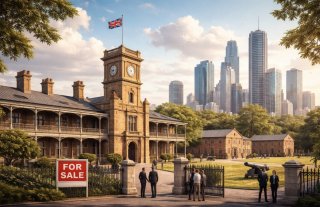read also
UAE Introduces a 10-Year “Golden Visa” for Philanthropists
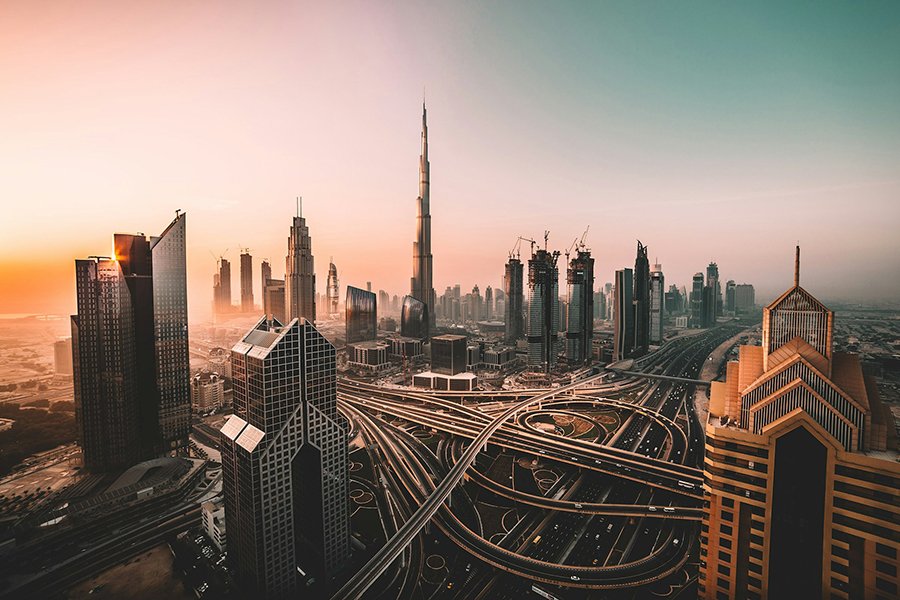
Photo: Unsplash
The UAE has introduced a new 10-year category of the “Golden Visa” for participants in humanitarian initiatives. It is aimed at philanthropists who have donated at least AED 2 million (around USD 545,000) to certified Islamic projects or Waqf funds, BusinessDay reports.
A Waqf is an Islamic charitable endowment in which property, land, or funds are permanently dedicated to public welfare purposes such as education, healthcare, or social support. These assets are managed based on sustainability and transparency principles, and the income generated is used to support local communities. In the UAE, the Awqaf Dubai Foundation for Endowments and Minors oversees the Waqf system and has become a key partner of the new visa program.
Foreign residents already living in the Emirates, as well as philanthropists from other countries, are eligible to apply. In addition to the AED 2 million contribution, applicants must have a higher education degree and obtain a recommendation from Awqaf Dubai or another recognized humanitarian organization. Once the contribution is verified, the documents can be submitted via the GDRFA Smart Services portal or through Amer government service centers in Dubai, where applications are reviewed by a joint interdepartmental commission.
Once approved, visa holders can live, work, and study in the UAE without sponsorship from a local employer or citizen. The visa also allows residence permits for family members — spouses, children, and parents — and remains valid even if the holder leaves the country for more than six months.
The UAE government has previously expanded the categories of eligible Golden Visa holders. In May 2025, five
new professional groups were added. Long-term residency became available to nurses with over 15 years of experience. In the education sector, the initiative was extended to teachers, private school principals, and university staff in Dubai and Ras Al Khaimah.
Film directors, media producers, and bloggers now have access to a separate “creative residency” track that requires no employer sponsorship. The Golden Visa has also been opened to professionals over 25 years old working in esports and the gaming industry. Yacht owners with vessels longer than 40 meters and executives of yacht companies are eligible under the “Golden Quay” program in Abu Dhabi.
This summer, Dubai launched the region’s first real estate tokenization platform, Prypco Mint, designed for fractional investment through asset-backed tokens. The digital service allows investors to purchase shares in completed properties, with a minimum investment of AED 2,000 (about USD 545). All transactions are conducted in dirhams — not cryptocurrencies — and investor funds are held in escrow until the deal is finalized, ensuring high transparency and reduced risks.
Currently, the platform is available only to residents with Emirates ID, but will later open to foreign users. They will be able to invest in ready-to-sell properties through companies licensed by the Virtual Assets Regulatory Authority (Vara). Ownership rights will be registered through the Dubai Land Department (DLD), and investor returns will come from rental income and potential appreciation. However, UBS listed Dubai among high-risk housing bubble markets, as many investors have started selling properties amid price concerns.
The UAE authorities have also adjusted other Golden Visa conditions, updating eligibility criteria for different applicant categories. Investors can now purchase off-plan properties provided that at least 50% of the price has been paid and the rest is covered by a bank guarantee. For completed properties, full payment without financing is required.
Students with a GPA of 3.8 or higher can now sponsor their family members. For startup founders, the investment threshold has been reduced to AED 500,000 (around USD 136,000) if the project is supported by an accredited business incubator. At the same time, requirements for professionals have tightened: the minimum monthly salary must be at least AED 30,000 (USD 8,000), excluding bonuses and benefits. Work visas can no longer be issued to foreigners entering the UAE on tourist or visit visas.
The UAE’s foreign resident attraction policy has sparked debate among analysts. The surge in residents, they argue, has strained the housing market and infrastructure — rental rates have nearly doubled in recent years, and job competition has intensified. Meanwhile, income levels have remained static, creating a risk of overheating and raising questions about the balance between demographic and economic growth.
Подсказки: UAE, Dubai, golden visa, philanthropy, Waqf, Awqaf Dubai, humanitarian visa, investors, residency, Prypco Mint, real estate, immigration, Middle East, economy, visa policy



